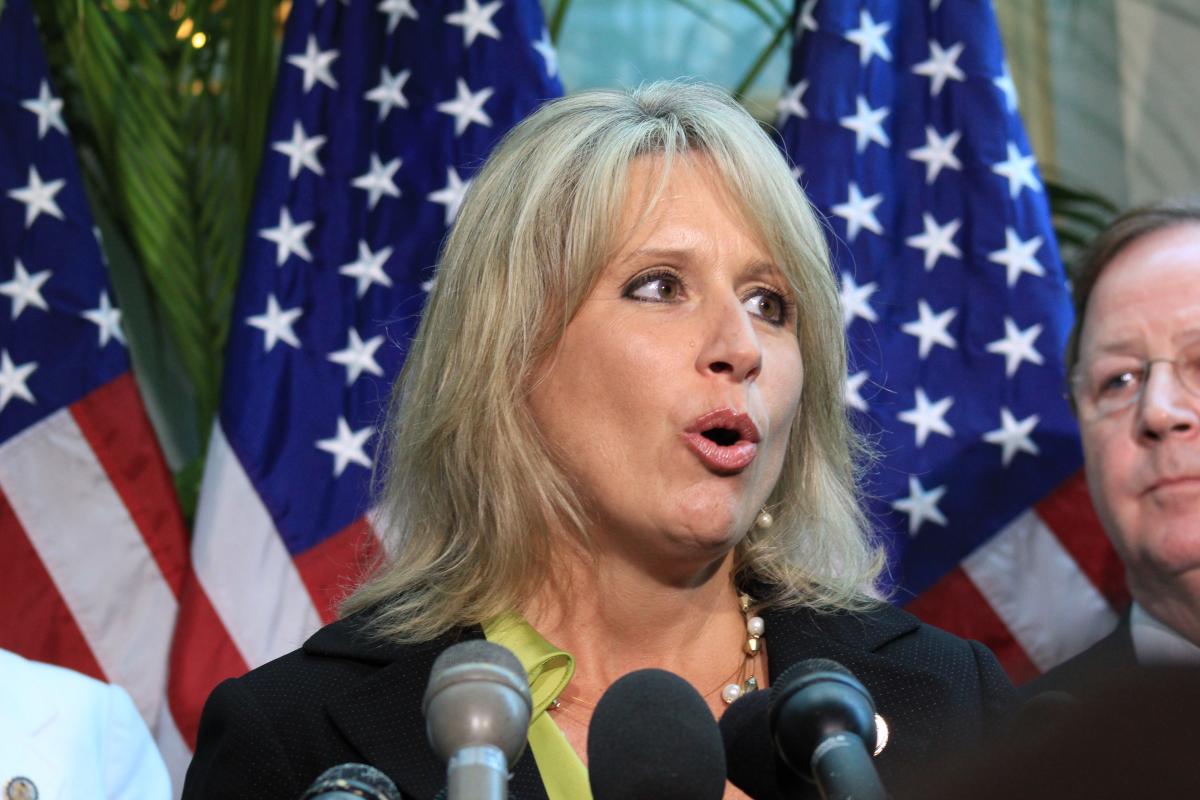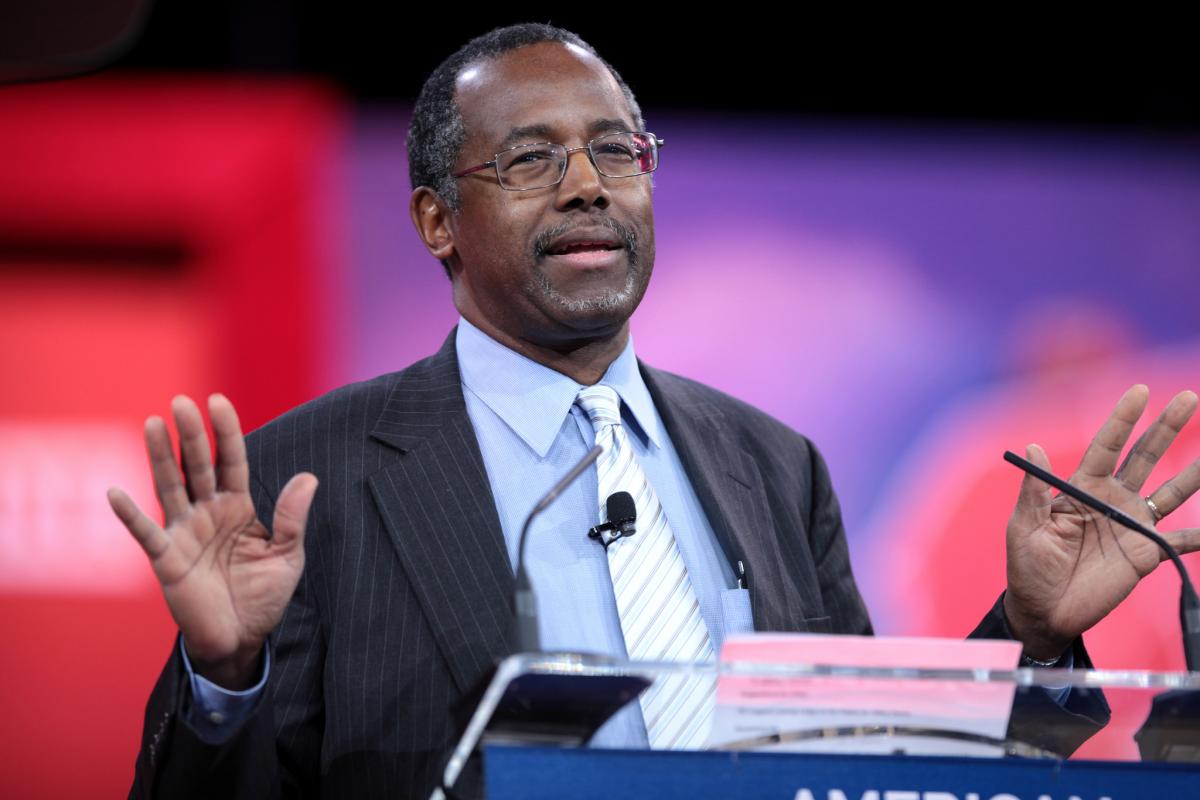Indiana Governor and potential presidential candidate Mitch Daniels has taken a pounding from the Religious Right, since June and even up to today, for suggesting that there should be a “truce” over social issues in order to increase attention to the country’s economic problems and debt. Marjorie Dannenfelser, the head of the fiercely anti-choice and poorly named group the Susan B. Anthony List, writes in the National Review that the debate over the next chairman of the Republican National Committee shows that GOP has decidedly rejected any moderation on social issues such as the right to choose and gay rights. She praises the conservative views of the RNC chair candidates and also points out that Daniels himself even backpedaled on his own call for a truce. But while Dannenfelser believes the GOP is united over the importance of social issues, CPAC’s growing crisis reflects otherwise.
The debate was completely devoid of the kind of fireworks that political commentators love. As SBA List and National Organization for Marriage Skype pre-interviews had suggested, each of the five candidates affirmed without hesitation their determination to support the Republican platform’s social-issue stands and to honor that support in the party’s programs, from recruiting candidates to buying ads to micro-targeting votes.
The aura of unity sorely exasperated professional cynics like the Washington Post’s Dana Milbank, who fumed for his readers, “The candidates were nearly dissent-free. Abortion? All opposed. Lower taxes? All in favor. Gay marriage? All opposed. Cutting spending? All in favor.” Jon Stewart found comedy in the comity.
Far from being a dull affair, however, the debate proved that the 2011 GOP has an unshakable core — and this core exercises real influence over the expressed convictions of the GOP’s national leaders. After all, only two short years ago, current RNC chairman Michael Steele — who was a board member of the pro-choice Republican Leadership Council — told GQ magazine that he believed abortion was an “individual choice.” Maria Cino, one of the four leading challengers he faced this week, served on the board of WISH List, a political action committee devoted solely to electing pro-choice Republican women.
At the debate, both Steele and Cino expressed profound pro-life conviction and commitment.
…
Governor Daniels, for his own part, made another attempt just after Christmas to explain away his “truce talk,” saying that his message was not directed at social conservatives but at the people “aggressively trying to change the definition of marriage.” His advice to the liberal activists: “Stand down for awhile” so the country can focus on its deepening fiscal crisis.
All of this is progress — and rapid progress at that. It’s also recognition that the conservative resurgence this past November involved a confluence, and not a divergence, of the social, fiscal, and national-security streams within the GOP. One week into the two-year cycle that leads to the reelection or defeat of Barack Obama, the GOP truce on internal disunity is turning out to be the one that really counts.








